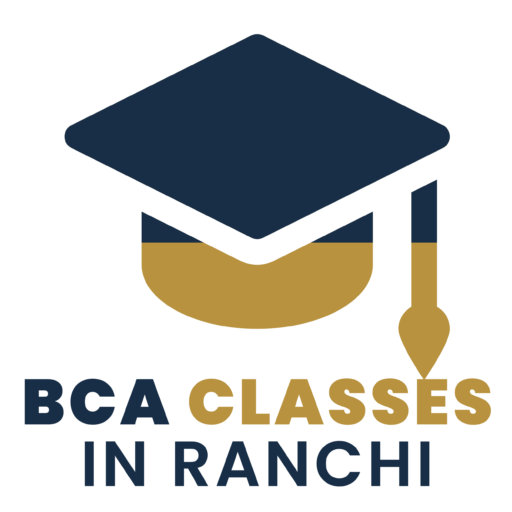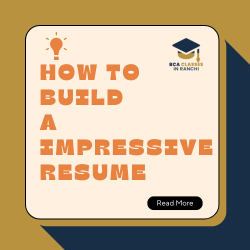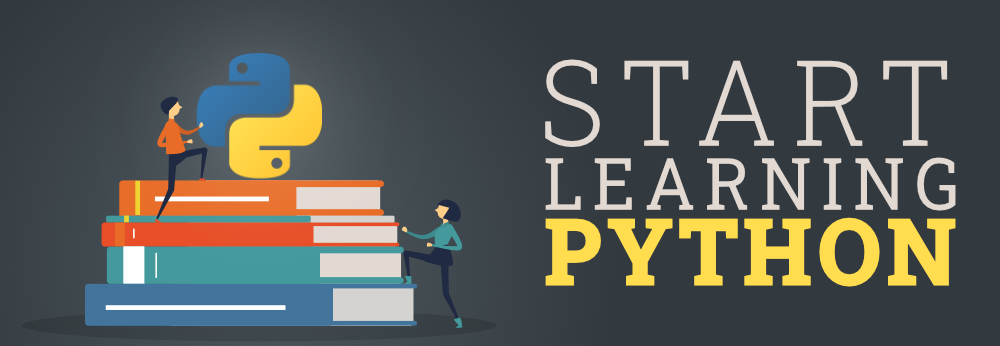Preparing for placements is important to start your career after BCA. Follow these steps to do well in campus placements:
1. Build a Strong Resume
- Create a neat and clear resume.
- Highlight your skills, projects, and internships.
- Add any certifications or achievements.
2. Learn Technical Skills
- Master programming languages like Python, Java, or C++.
- Study data structures and algorithms.
- Learn basics of web development or mobile app development.
3. Work on Communication Skills
- Practice speaking in English daily.
- Learn to explain your ideas clearly.
- Prepare answers to common HR interview questions.
4. Practice Aptitude Tests
- Solve aptitude questions from books or online resources.
- Focus on topics like math, reasoning, and problem-solving.
- Time your practice to improve speed.
5. Do Mock Interviews
- Ask friends or mentors to take your interview.
- Record your answers and review them for improvement.
- Work on confidence and body language.
6. Build Projects
- Create at least two or three good projects.
- Use languages or tools you know well.
- Showcase these projects in your resume and interviews.
7. Research Companies
- Learn about companies visiting your campus.
- Read about their work and culture.
- Understand the job roles they offer.
8. Prepare for Group Discussions
- Stay updated on current events and tech news.
- Practice speaking in a group.
- Learn to listen and share your views politely.
9. Attend Training Sessions
- Participate in placement training programs.
- Join coding bootcamps if needed.
- Use online platforms for additional help.
10. Stay Consistent
- Study daily and stick to a schedule.
- Take short breaks to avoid burnout.
- Stay positive and confident.

11. Network with Alumni
- Connect with seniors who have been placed.
- Learn about their experiences and strategies.
12. Join Coding Competitions
- Participate in hackathons or coding contests.
- Sharpen problem-solving skills and gain exposure.
13. Prepare for Specific Roles
- Understand roles like software developer, web developer, or analyst.
- Learn relevant tools and technologies for these roles.
14. Understand the Job Description
- Read job descriptions carefully.
- Tailor your preparation to match the role’s requirements.
15. Strengthen Logical Thinking
- Practice puzzles and brain teasers.
- Develop a logical approach to solving problems.
16. Learn Database Management
- Gain knowledge in SQL and database concepts.
- Work on basic CRUD operations in projects.
17. Understand System Design Basics
- Learn about software architectures and design patterns.
- Understand client-server models and APIs.
18. Create an Online Portfolio
- Build a personal website or LinkedIn profile.
- Add your projects, skills, and achievements.
19. Stay Updated on Industry Trends
- Read about the latest technologies like AI, Cloud Computing, etc.
- Be ready to discuss these trends in interviews.
20. Focus on Soft Skills
- Practice teamwork and collaboration.
- Build leadership and time management skills.
With these steps, you can prepare well for placements and secure a good job after BCA. Start early, stay focused, and believe in yourself!
Read Our Other Blog
How to Prepare for BCA Exams: Essential Tips and Resources
For More Information and Updates, Connect With Us
Name Abhishek
Phone Number: +91-7488456170
Email ID: abhishek@eepl.me
Our Platforms:
Digilearn Cloud
EEPL Test
Live Emancipation
Follow Us on Social Media:
Instagram – EEPL Classroom
Facebook – EEPL Classroom
Stay connected and keep learning with EEPL Classroom!












